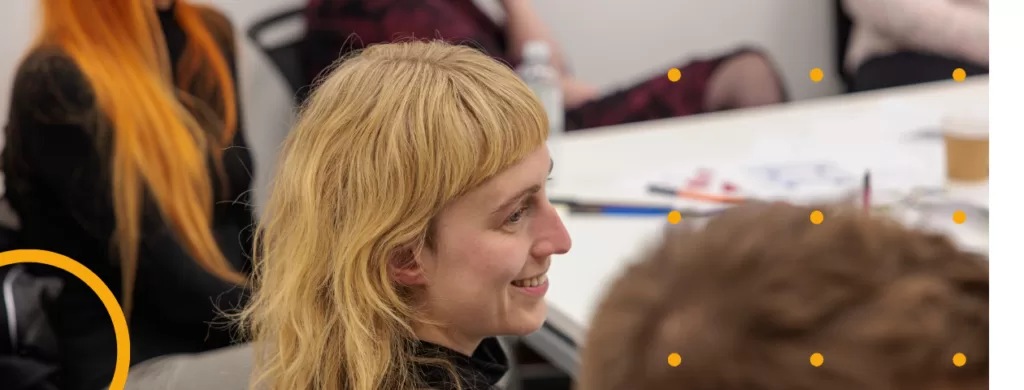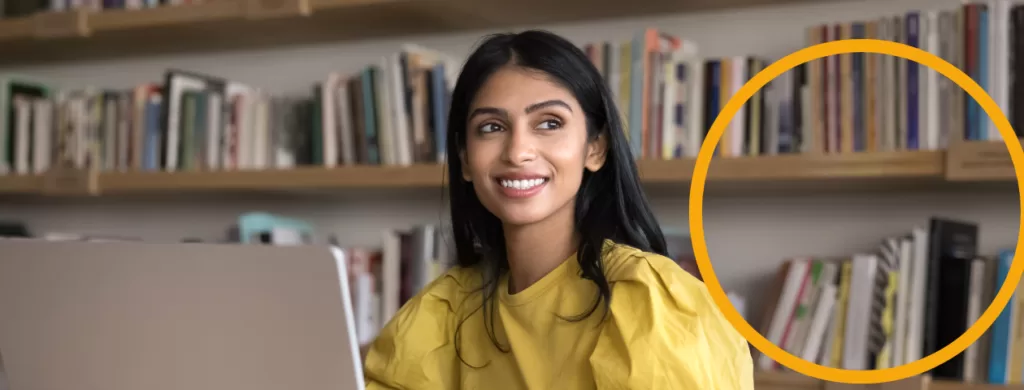- Russia: It’s Pushkin vs. Confucius
- Africa: Pan African University for Sci Tech
- Russia: Universities Ignoring Demands
- Kuwait: Following the Saudi Path
The Pushkin Institute to rival the Confucius, Goethe and Cervantes institutes.The Council on the Russian Language, which is to be established by the end of August, will promote the Russian language and culture across the CIS, most of the European Union, the United States, China, Japan and the Middle East. The priority list includes around 50 countries. Nearly $46 million has already been allocated for the program. The Council’s main task will be to establish a network of centres under the umbrella of the Pushkin Institute, to teach the language and promote the Russian culture and traditions to all interested.
The new university would be a ground breaking step in strengthening higher education and building human capital in Africa. Africa has been slow to develop its science and technology sectors and commercialize its innovations. Currently the best African university ranks just 113th globally. Of the 400 top universities worldwide, only four are in Africa, all of which are in the Republic of South Africa. Also, while Africa accounts for 13.4% of the world’s people, it produces only 1.1 % of world scientific knowledge.
Russian institutions produce too many lawyers and economists, but not enough IT specialists. Almost 6 percent of Russian university graduates register at the unemployment office immediately after graduating, with lawyers topping the list. There is also an excess of economists, real estate agents, travel managers, civil engineers, bankers, teachers and psychologists.Russian universities are still geared toward meeting demand from would-be college students rather than from employers—because students paying their way through college are a source of additional revenues.
Kuwait’s ministry of higher education is to give Kuwaiti students 4,500 scholarships to study abroad in 2013-14. The scheme is designed to improve Kuwaiti human capital, with awardees studying majors that accord with labour market needs.The grants can be used at top universities in 13 countries, although details of these are yet to be published. Majors will be chosen to reflect public and private sector needs; physics, chemistry and maths are among those already flagged for backing.Like many Middle East and North African countries, Kuwait is trying to improve education standards as it tries to diversify its oil-dependent economy. Petroleum accounts for 43% of GDP, 87% of export revenues and 75% of government income.



